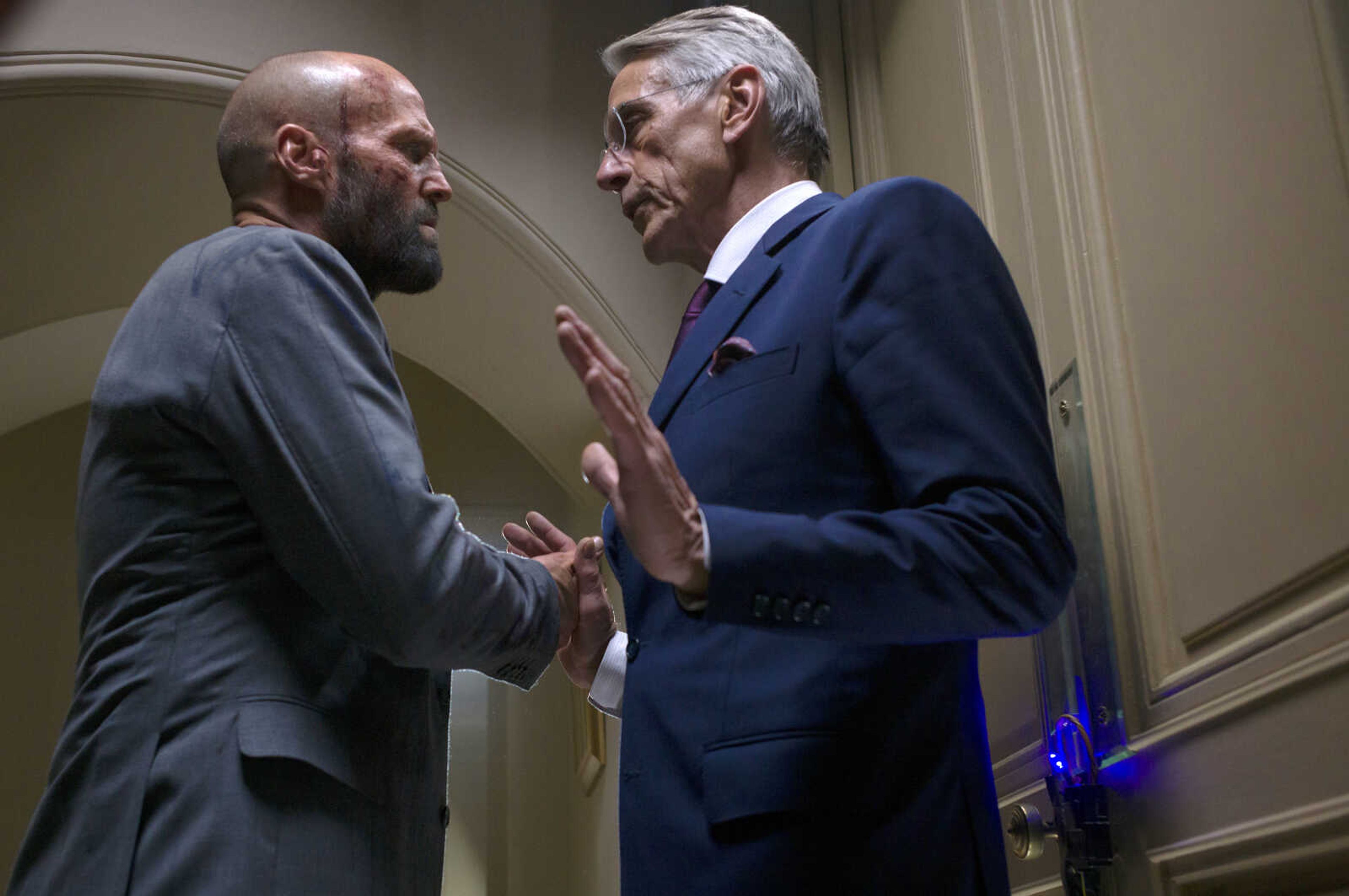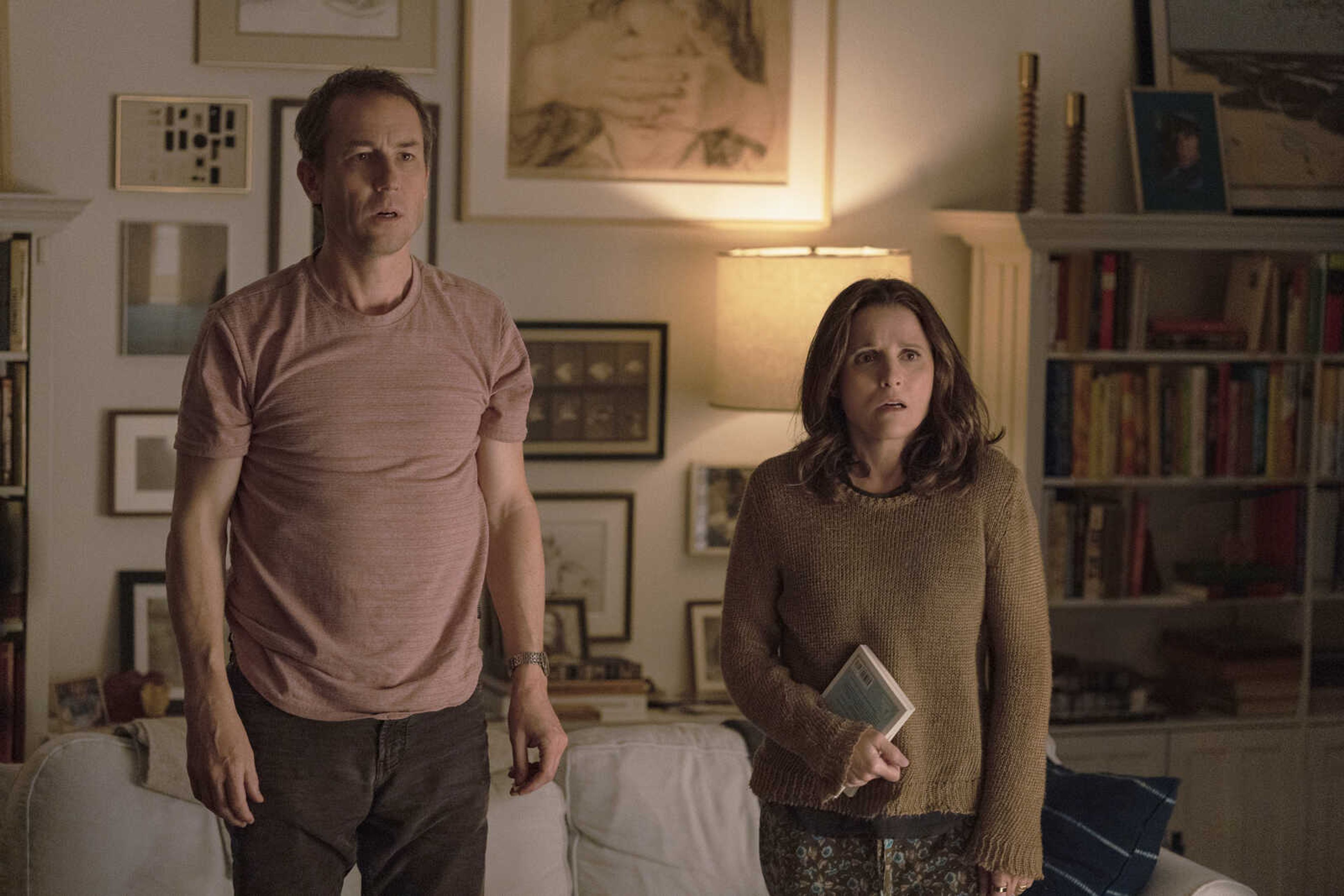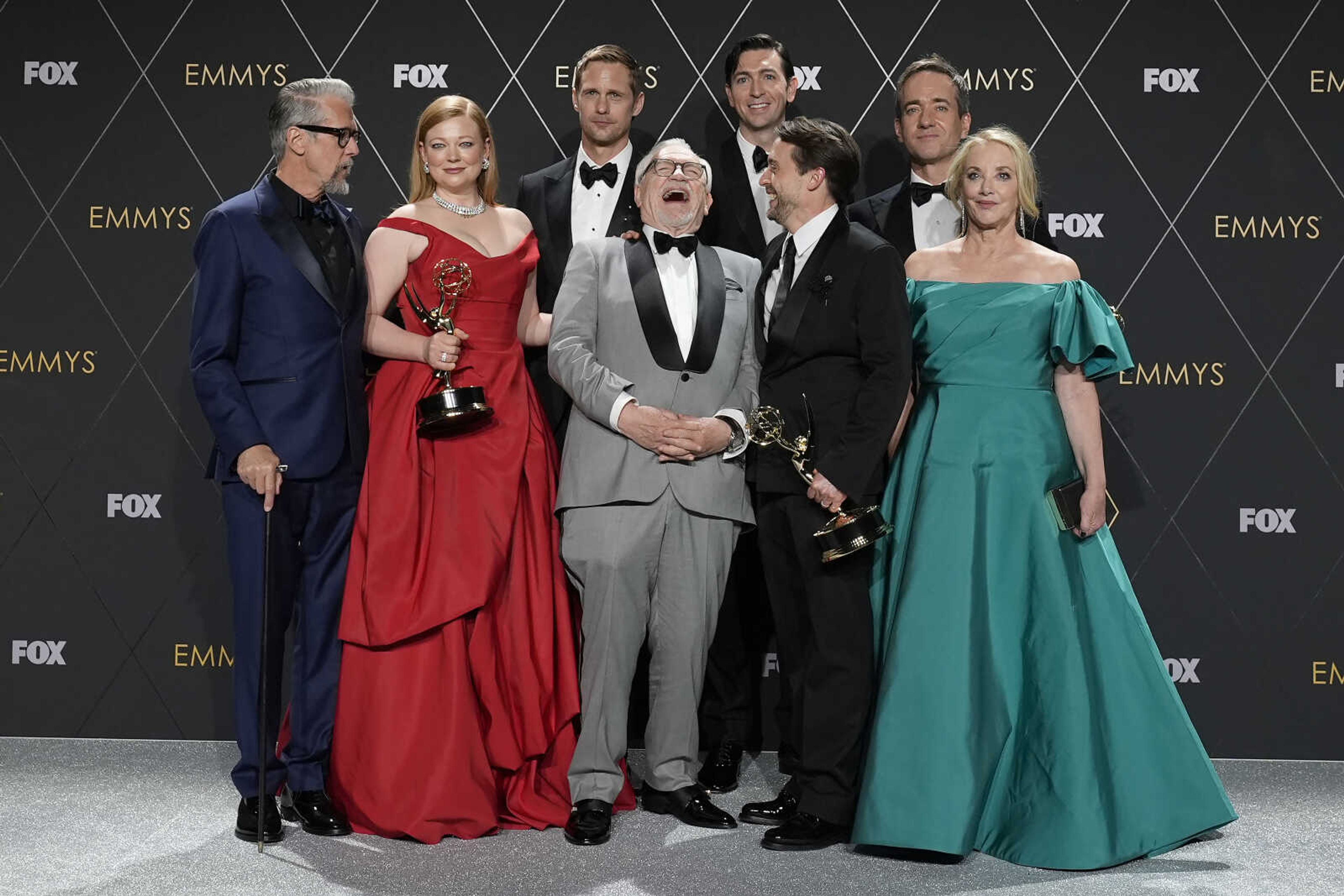Channel puts corporate muscle behind UFO investigation effort
NEW YORK -- In an unusual step for a television network, the Sci Fi Channel is campaigning to persuade the government to be more forthcoming and aggressive in investigating UFO sightings. Sci Fi has hired a Washington lobbyist, received support from former Clinton chief of staff John Podesta, sponsored a symposium on interstellar travel and is considering a court effort to declassify documents related to a 1965 incident in Pennsylvania...
NEW YORK -- In an unusual step for a television network, the Sci Fi Channel is campaigning to persuade the government to be more forthcoming and aggressive in investigating UFO sightings.
Sci Fi has hired a Washington lobbyist, received support from former Clinton chief of staff John Podesta, sponsored a symposium on interstellar travel and is considering a court effort to declassify documents related to a 1965 incident in Pennsylvania.
The network will premiere a documentary, "Out of the Blue," at 8 p.m. Tuesday that methodically lays out an argument that there's something out there.
Most networks are reluctant to spend money for anything other than self-interest. The few public interest efforts are hardly controversial: Lifetime promoting breast cancer research, for example, or MTV's Rock the Vote campaign to encourage young people to register.
But by fighting for UFO probes, Sci Fi is wading into an area that invites not only dissent, but also ridicule.
"It's very, very tough for people to take this subject seriously," said Ed Rothschild, a lobbyist for the Washington firm PodestaMattoon. "We thought the only way it was going to be seriously addressed is to have serious people talk about it, scientists."
Rothschild won't identify the members of Congress he's talked to about leaning on the government for more openness about UFOs. He's afraid they'll never help if their names come out and they're laughed at.
Ambushed Jimmy Carter
Even believers are reluctant to talk about the issue.
After hearing that former President Carter once saw a UFO, "Out of the Blue" filmmaker James Fox repeatedly, and unsuccessfully, asked Carter's representatives for an interview. Undaunted, Fox essentially ambushed Carter with a camera one day at a book-signing. Carter confirmed the incident but his brevity and forced smile indicated he wasn't happy to be answering.
Given the "giggle factor" that surrounds UFOs, Sci Fi is taking a chance with its reputation, Fox said.
"I don't think there's a risk because the questions need to be asked," said Thomas Vitale, Sci Fi's senior vice president of programming. "Even somebody who is the biggest skeptic in the world ... still wants the questions answered. And who better to do it?"
The mission isn't entirely altruistic, of course. The Sci Fi Channel, which is seen in about three-quarters of the nation's TV households, polled viewers on the topic. Evidence of keen interest is also seen in the ratings.
A blurry line
Last November's documentary on the celebrated, suspected 1947 UFO crash in Roswell, N.M., was the highest-rated special in the network's 11-year history. It was seen by nearly 2.4 million people, or about 2 1/2 times Sci Fi's usual prime-time audience.
"Our main goal is not to find a UFO," Vitale said. "The goal is finding the truth. We're expanding and exploring the blurry line between what is science fiction and what is science fact."
Vitale wouldn't say how much Sci Fi is spending on this. The network sponsored an archaeological excavation at Roswell, will debut a public service announcement Tuesday and has two new UFO specials in the works.
It is backing an effort to get U.S. Air Force records released on a 1965 incident in Kecksburg, Pa., where some witnesses believe a UFO crashed. This may end up in court, Rothschild said.
Fox's storytelling is sober, not sensational. Summing up incidents at the end of the film, Fox gives the official government explanations of what happened, and they're often more ridiculous than the sightings themselves.
"You get to a point where you can no longer dismiss each and every episode," he said.
Fox and Rothschild can think of several reasons why the government doesn't want to talk about UFOs:
The military doesn't want to spend time or money on something that isn't perceived as a threat.
Officials may also like the secrecy; it keeps other governments guessing about what kind of new weapon technologies might be in the works.
It could also be embarrassing, since it can expose what they don't know and the limitations of human technology.
And who wants to set off a "War of the Worlds"-type incident?
Fox envisions the public announcement that could come with such an event: "We don't know where they come from, we don't know what they're doing. We can't stop them if they become hostile and they can fly rings around all of our aircraft.
"Thank you, and good night."
------
On the Net:
Connect with the Southeast Missourian Newsroom:
For corrections to this story or other insights for the editor, click here. To submit a letter to the editor, click here. To learn about the Southeast Missourian’s AI Policy, click here.








